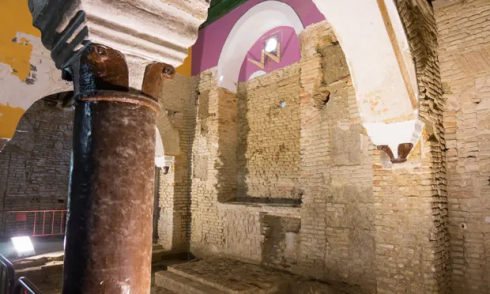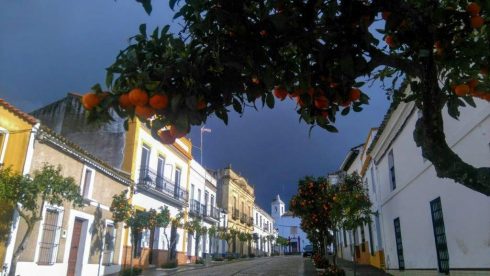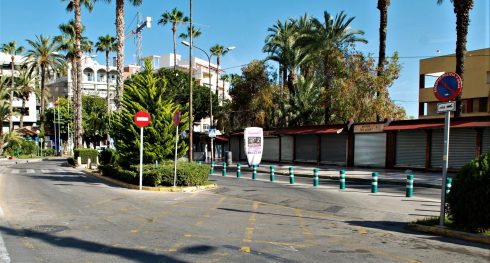An archaeological marvel dating back seven centuries has been uncovered in the south of Spain.
After two years of searching archaeologists have finally uncovered a rare Spanish medieval synagogue in Andalucia.
The 14th century building in Utrera was also used as a hospital, restaurant, disco and home for abandoned children.
It is just one of a precious handful of medieval synagogues to have survived the aftermath of the expulsion of Spain’s Jews in 1492.

In his 1604 history of Utrera, Rodrigo Caro, a local priest, historian and poet, described an area of the city centre as it had been in earlier centuries, saying: “In that place, there were only foreign and Jewish people who had their synagogue where the Hospital de la Misericordia now stands”.
Utrera mayor Jose Maria Villalobos said it was ‘now scientifically certain that we’re standing in a medieval synagogue right now’.
“Until now there were only four such buildings in all of Spain – two in Toledo, one in Segovia and one in Cordoba,” he said.
“This is an exceptional building that’s been part of Utrera and part of its inhabitants’ lives for 700 years.
“This building was born in the 1300s and has made it all the way to the 21st century.”

One of the key reasons for its survival was that the site was always in use for one purpose or another.
The building could be opened for public visits in parallel with archaeologists continuing to excavate the site.
The next phase of the project will look to see if there was a rabbinical house nearby, or a religious school.
READ MORE:
- Giant penis carving dating from Roman times discovered in Cordoba excites archaeologists in Spain
- Archaeologists uncover 120,000 year-old Neanderthal camp site in Spain’s Alicante area
- Fantastic find of old Phoenician moat gets archaeologists excited on Spain’s Costa Blanca








